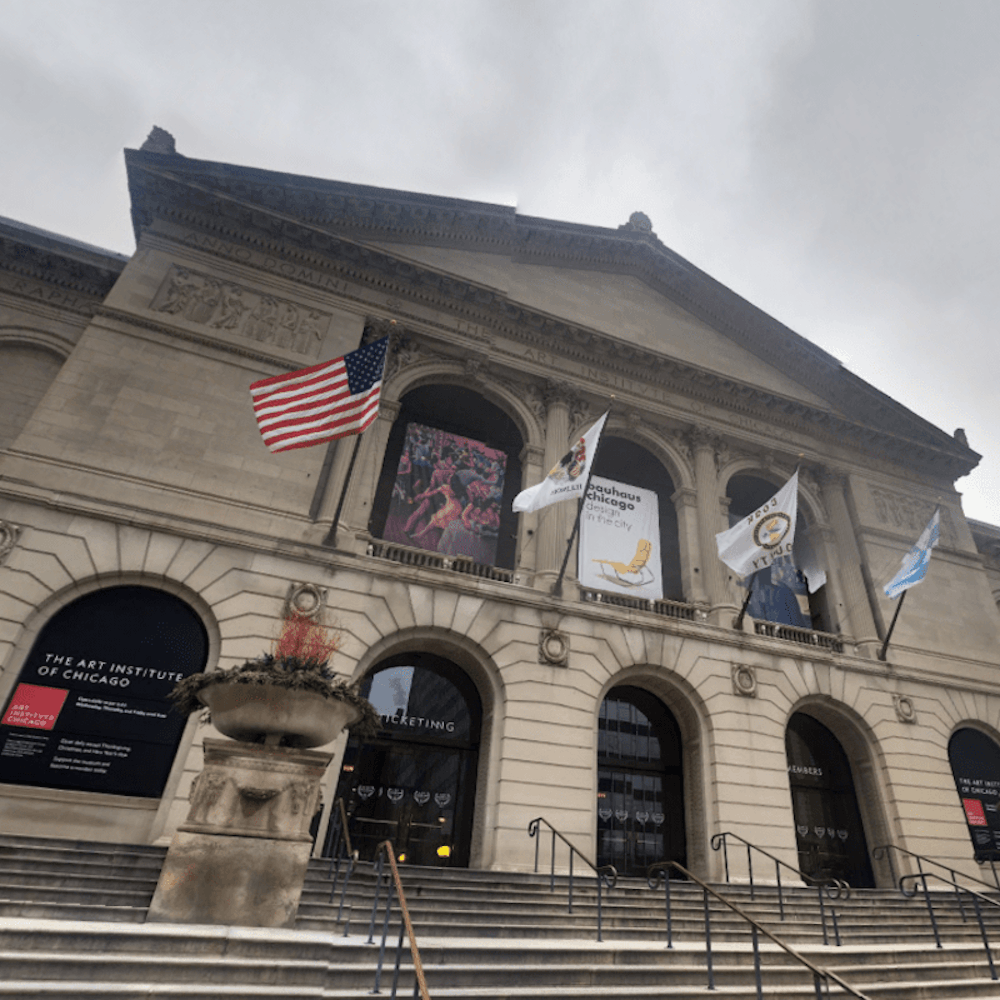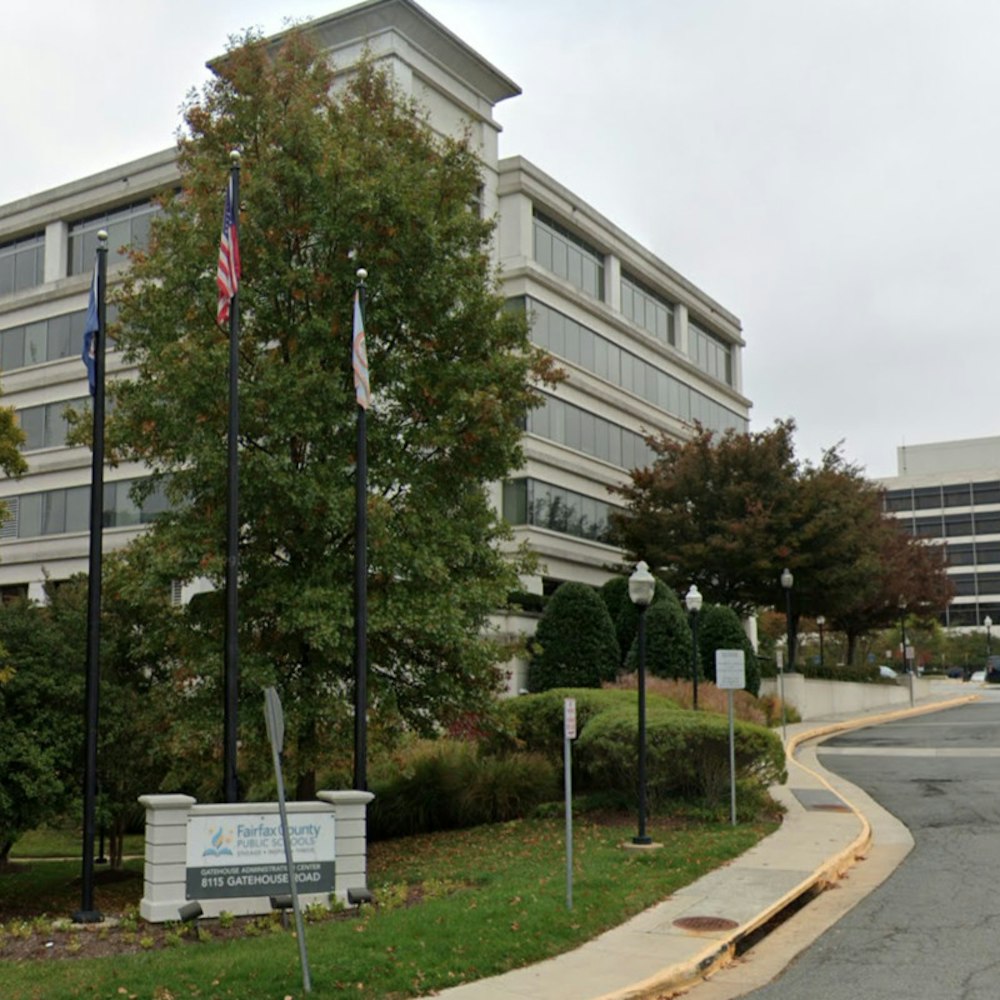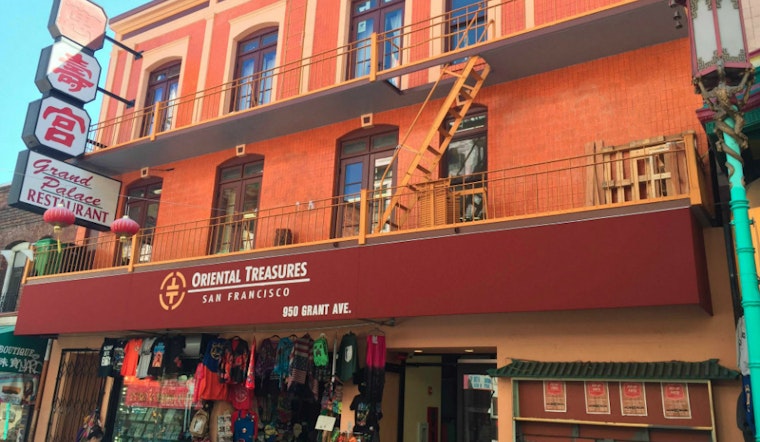
Chinatown residents have long fought to prohibit office uses in the neighborhood, arguing that they damage the community's character and culture. As a result, last year's debut of coworking space 1920C, located above a gift shop on Grant Avenue, drew criticism, with some framing the case as tech trying to topple tradition. But the Planning Department has now issued a letter of determination notice of enforcement stating that 1920C can stay—as long as it comes into compliance with a few conditions.
As 1920C and its former opponent, the Chinatown Community Development Center, put it in a joint statement released last week, "the Planning Department has upheld its general ban on co-work office uses in Chinatown, but also recognized that 1920C had revised its operations to better comply with the neighborhood plan."
1920C, which opened in March 2015, had been in jeopardy ever since Planning issued a notice of enforcement last April, saying it violated the Chinatown Area Plan. Enacted in 1986, the plan limits uses in the heart of Chinatown to housing, institutional (nonprofit) organizations, and small retail and professional service businesses, such as gift shops, restaurants, and travel agencies.
The CCDC and other opponents argued that 1920C, which is owned by three local women (Molly Bacon, of Chinatown, and Jenny Chan and Paola Rossaro, of North Beach), was more office space than professional service business, as it sells memberships that include the use of desks and other office equipment and rents out meeting rooms. But at a hearing held in July, 1920C defended its business, saying that it also hosts arts events and provides skill sharing and other community-serving uses.
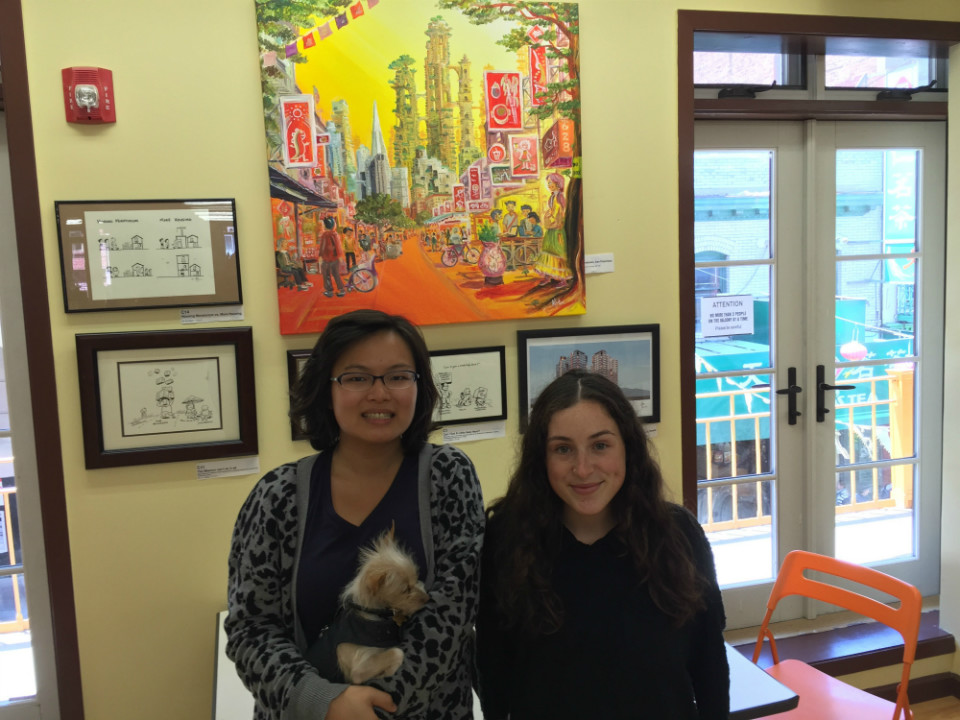
Jenny Chan and Molly Bacon of 1920C.
Over the past six months, 1920C's owners have worked with both the city and the CCDC to find a compromise. "It was a lot of explaining what it was we were doing here, and making sure everybody in the Chinatown community felt comfortable with that," said Bacon.
Bacon said 1920C is now working with the city to apply for a permit for institutional use, in order to come into compliance. One aspect of that will be emphasizing the number of its coworking members that are nonprofits, including Chan's own organization, Pacific Atrocities Education. To secure the permit, 1920C will also be required to limit its coworking area to no more than one-third of the total space, which runs 4,230 square feet.
1920C will give quarterly updates to Planning over the next year, with reports on operations, the number of members using the coworking space, and more. The penalties have been waived; Bacon said they will owe a fee, but haven't yet been told the amount.
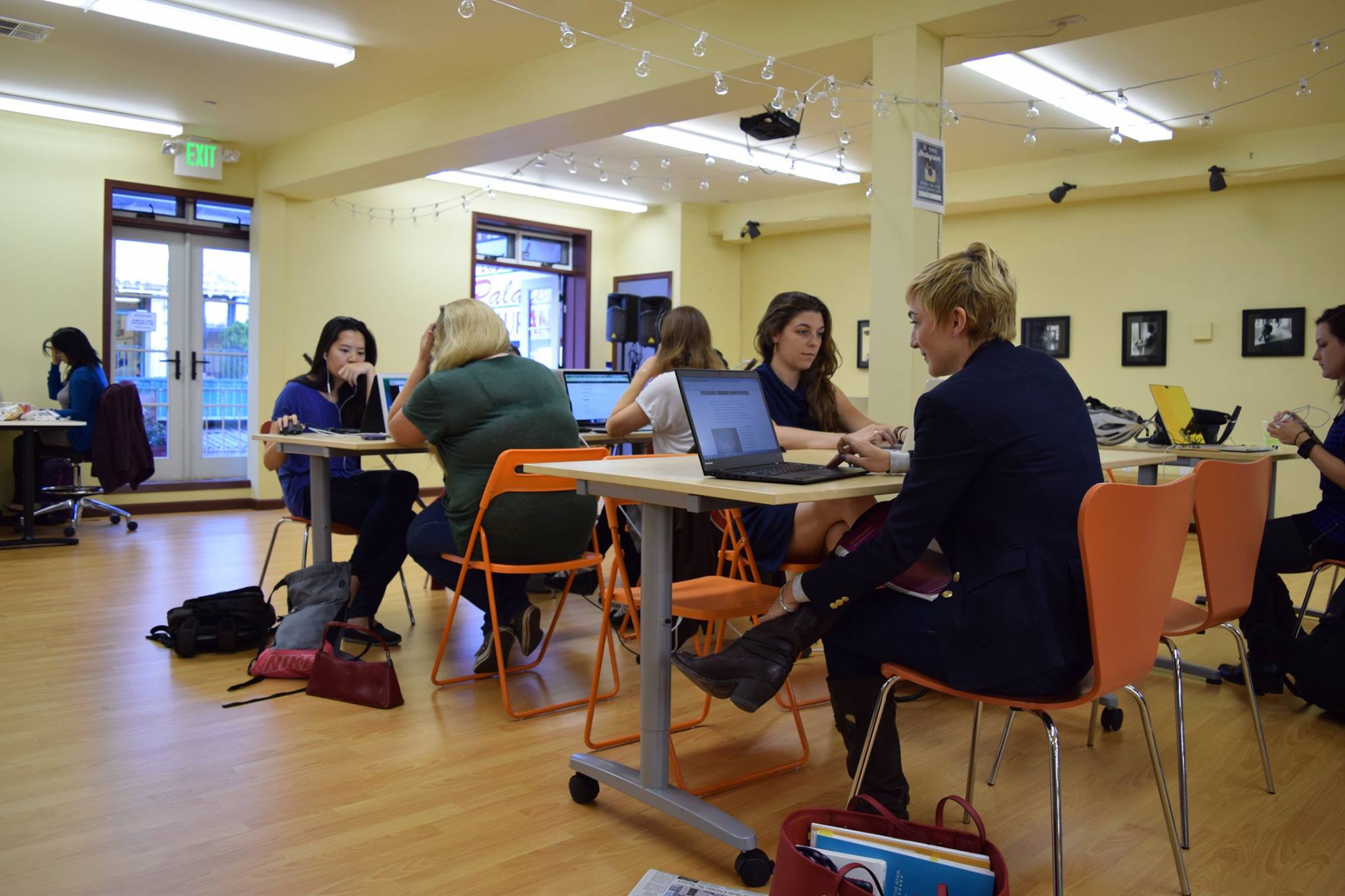
Coworkers at 1920C. (Photo: 1920C/Facebook)
The decision pleased the CCDC, which was happy that Planning reinforced its argument that coworking space is indeed office space. "In that sense, it’s a win, and upholds the controls we have here to prevent office expansion and to keep Chinatown a place for small, immigrant owned businesses," said Roy Chan, community planning manager for CCDC.
"I’m delighted that the zoning administrator understands the importance of maintaining the fundamental elements of the Chinatown plan to ensure we keep Chinatown, Chinatown," agreed District 3 Supervisor Aaron Peskin. But in a tight real estate market, this likely won't be the last battle over zoning. "I think this is a wake-up call that the community should come together to analyze the new world that we live in, and discuss whether or how the Chinatown zoning needs updating."
Over the course of 1920C's case, some in the Chinatown community questioned making an issue out of letting offices move into otherwise unused space. But Roy Chan says he's concerned that the rise of offices (which can typically afford higher rents) will drive up Chinatown's commercial rents overall, pushing out smaller businesses and organizations with less buying power. "The goal is to keep rents down so galleries and nonprofits can continue to serve the community and exist," he said.
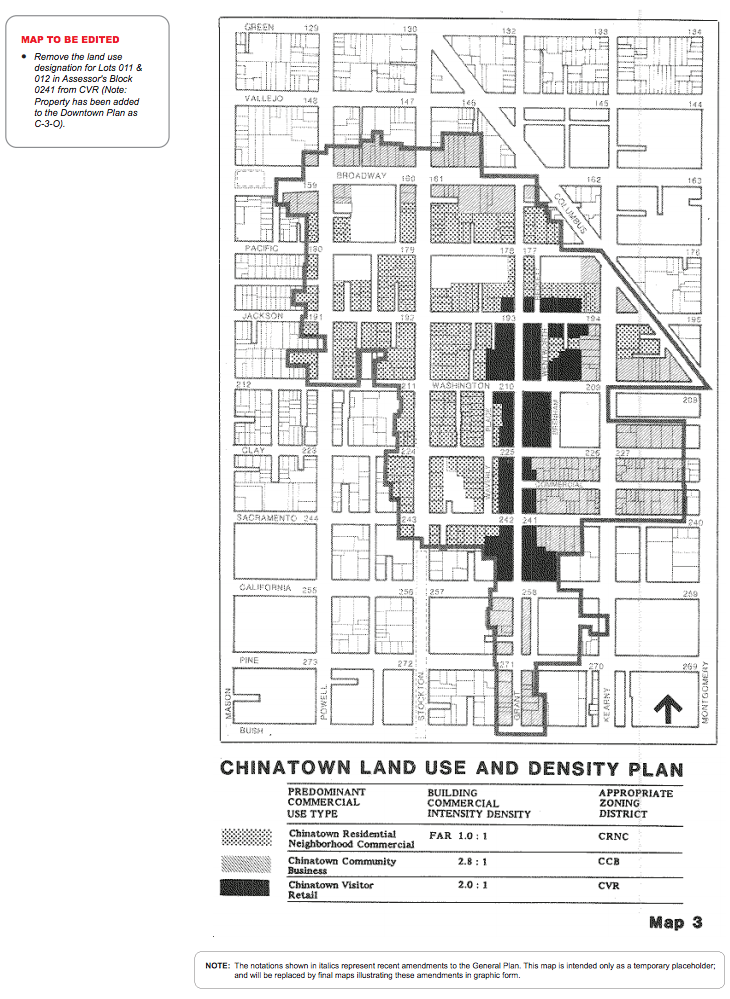
A map of the land use plan for Chinatown, as included in the Planning Department's general plan.
For her part, Bacon says that 1920C isn't about simply renting desks. Every member "is part of our community, and required to share skills with other people in the community." The space is now largely used as a gallery and community area, with exhibit openings, free yoga, fundraisers and other events open to the public, she explained.
Coworking memberships effectively subsidize the space's creative uses, which wouldn't be financially possible otherwise. 1920C also argues that they're also more affordable to nonprofits and small businesses than traditional office space. "We do see that it’s more of a sustainable way not only to support artists, but also to support our local nonprofits,” Jenny Chan said.
"I think hybrid spaces are the future, and there are examples of them across the country," said Bacon, citing OakStop in Oakland as one example. "It not only brings a lot of creativity into that space, it’s an all-around positive exposure for everybody."
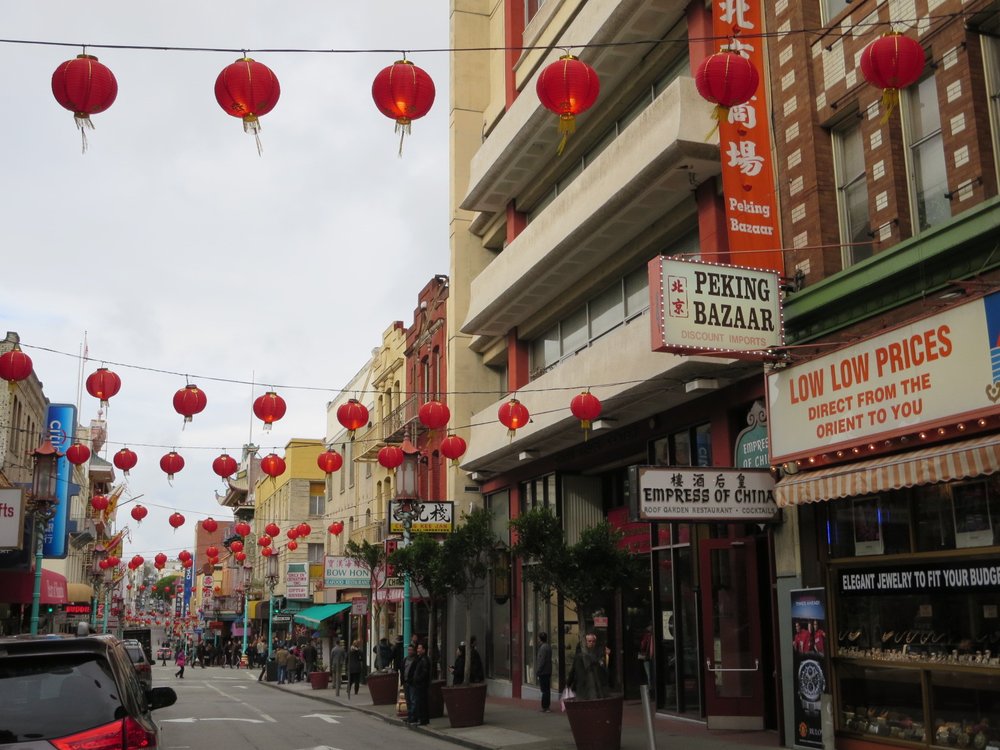
Empress of China. (Photo: William B./Yelp)
In addition to the 1920C determination, Planning also released a letter of determination about the former Empress of China building, which closed on Jan. 1st, 2015. The building had been a sore spot for the community after a real estate marketing brochure, showing what appeared to be tech offices on one of the top floors, became public.
As a result, the owners of the building requested the letter to be clear on what was allowed in marketing the property for sale, Roy Chan said. Planning listed out permitted uses, which range from restaurant to professional services to hotel use, but upheld the rules against general office use.
“I think that sends a message to a future buyer or developer of the building," Roy Chan said. "You can buy the building, but you can’t put general office in there. So that was a positive and affirming statement on their part, that upheld the Chinatown plan.”





